HORN OF AFRICA, ITALY’S ROLE IN ERITREA, SOMALIA AND ETHIOPIA
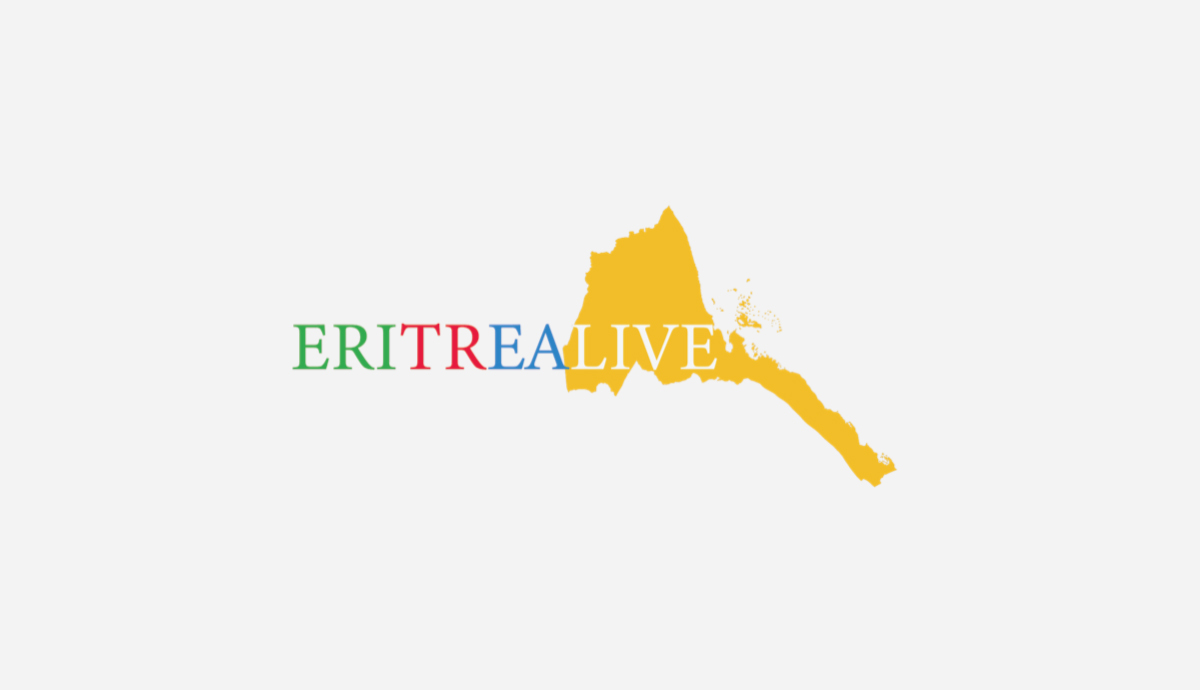
HORN OF AFRICA, ITALY’S ROLE IN ERITREA, SOMALIA AND ETHIOPIA
In the Horn of Africa, peace between Eritrea and Ethiopia changed the scenario. And Italy may play a role. A trip of PM Giuseppe Conte to Ethiopia and Eritrea is planned in October.
The Prime Minister Giuseppe Conte has planned a trip to Ethiopia and Eritrea. On 11th october he will meet PM Abiy Ahmed in Addis Abeba, then President Isaias Afwerki in Asmara.
he trip was announced after the ratification of the peace agreement between Eritrea and Ethiopia, which took place in Jeddah on September 16th. The Saudi King Salman, the Crown Prince Mohammed bin Salman, the UN Secretary General Antonio Guterres and the President of the African Union, Moussa Faki Mahamated were present. The treaty signed in Jeddah confirmed what had been established by President Isaias Afwerki and Prime Minister Abiy Ahmed on July 9th in Asmara.
The peace between Eritrea and Ethiopia is the result of the change at the summit of Ethiopia.
Prime Minister Abiy Ahmed, a young man, with military and political experience, of the Oromo ethnic group, the most numerous in the country, put an end to the hegemony of TPLF (Tigray People’s Liberation Front) on 2 April. A political hegemony, started immediately after the country’s independence in 1991, with Prime Minister Meles Zenawi and which became critical after his death. Until the proclamation of the state of emergency, with the consequent resignation of Heilemariam Desalegn, former prime minister.
In recent days, the armies of the two countries have left the area on the border that caused the conflict of 1998-2000. Although in 2002 an international commission had established that those territories were Eritreans, the Ethiopian army had not yet abandoned them.
In this way, creating a condition of instability, a state of “not war not peace” that has penalized Eritrea more severely. A smaller country without the American support that, except for a short period, has always recognized Ethiopia as its bastion in the region.
The new situation of peace and development in the Horn of Africa and the role of Italy were discussed in Bari, within the scope of the eighty-second Fiera del Levante, in a conference held on September 14.
Round tables during which speakers, politicians, scholars, representatives of Italian institutions and entrepreneurs, in the presence of the ambassadors of Eritrea, Ethiopia and Somalia, spoke about the present, the near future of their countries and what could be the role of Italy .
After the signing of the Jeddah agreement, foreign minister Enzo Moavero Milanesi tweeted his “congratulations on behalf of the Italian government”, for the historic agreement that puts an end to the crisis between Eritrea and Ethiopia. The Eritrean President Isaias Afwerki and the Prime Minister Abiy Ahmed have accomplished, he says, “a decisive step to ensure stability and security”.
Shortly after the visit of the Ethiopian premier, in Asmara, there was the first official visit, after Eritrean independence,(1991), of the Somali President, Mohamed Abdullahi Mohamed. The two Eritrean and Somali presidents have signed a friendship agreement.
Another tile for peace in the region.
In the meantime, political, diplomatic and commercial relations have resumed between Eritrea and Ethiopia. Their respective embassies have been reopened. Airlines and telephone lines are activated.
A long forgotten condition of tranquility, that the people of the two countries have received exchanging hugs of happiness.
This is a peace that brings with it many opportunities.
In fact, during the Bari forum, the word “opportunity” was pronounced several times.
Although she was not present at the forum Foreign Minister Emanuela Del Re spoke about opportunities, referring to Africa and the peace between Eritrea and Ethiopia. “Africa is an opportunity, not a threat” she said in an interview to the Huffington Post. It is a young Continent, with many resources, a Continent of great innovation and creativity. Helping people in their home country, she explained “means to lay the foundations for shared development, very far from the old concept of help.”
While in a letter sent to Corriere della Sera, she reiterated that “the Ethiopian Prime Minister Abiy Ahmed and President Isaias Afwerki were able to grasp the meaning of history”. That is why “celebrating peace between Eritrea and Ethiopia, supporting it, announcing it with joy, is not only a duty but a long-term commitment” that will go, she explains, for the benefit of everyone. Italy included.
Africa is a giant opportunity for Europe, stressed Mayor of Bari Antonio Decaro in his welcome speech. Also adding that one shoud not be afraid of Africa.
Italy must build new relationships with the Horn of Africa, which is now in peace.
The Foreign Ministers of Eritrea, Ethiopia and Somalia went to Djibuti after the visit of the Somali President to Asmara. A mission that has been successful for relations with Eritrea.
The goal now will be to try and help internal pacification in another young African country, South Sudan.
The Horn of Africa is an important area for our country, recognizes in his speech Senator Vito Petrocelli, M5S, who chairs the commission for foreign affairs and emigration.
He announced the mission to Eritrea of Emanuela Del Re. A few days later arrived the news of the trip to Eritrea and Ethiopia of Prime Minister Conte. The Italian government, says Petrocelli, intends to follow closely the events of Eritrea, Ethiopia, Somalia. For a continuous collaboration.
Italy, so far, has not been brilliant, he admits. Without a doubt less present in the Africa than China.
And it is just about the co-operation between China and Africa that former prime minister Romano Prodi talks about in his speech.
Bari, Fiera del Levante, Romano Prodi during his speech at the conference about Peace and Development in the Horn of Africa
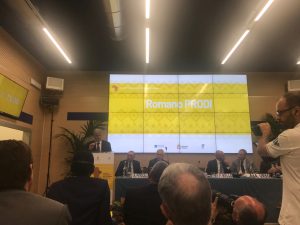
Bari, Fiera del Levante, Romano Prodi during his speech at the conference about Peace and Development in the Horn of Africa
The relationship with Eritrea, Ethiopia and Somalia is a relationship, he says, which must be maintained so that it does not run out. Italy has had not only political and economic relations with these countries, which together have more than 120 million inhabitants, but also feelings of affection. Relationships that should not be forgotten, because they are special. A privileged relationship which, in order not to be lost, must now be rebuilt.
How to do? What is the way? For President Prodi Europe and Italy must not fear China. However, from the Italian side public aid alone is not sufficient. “Private sector entrepreneurs must wake up,” he adds.
In this sense, says Prodi, for Italy it is an important opportunity to resume relations with the Horn of Africa.
“We as Italians” he explains “are still very present, for example we have schools”. But our presence cannot be solitary but with Europe and China. “To do this we must mobilize our public opinion”.
Recently, the Beijing Summit, the China-Africa Cooperation Forum, has very clearly outlined Chinese interest and intervention in Africa.
In his inaugural address, President Xi Jinping said that this intervention, as well as on a list of propositive points, is also based on five “no”s.
No interference from China in the development of African countries, no interference in internal affairs, no imposition of foreign intentions, no political blackmail, no search for benefits in exchange for investments and financing.
An approach that, if maintained, would avoid the accusation of neocolonialism.
Even China expresses itself on Africa in terms of friendship. A friendship to “welcome the African countries on board its express train of development”, as the president said. Adding, to further explain its meaning, that “the ocean is vast because it does not reject the rivers”.
The numbers of China-Africa co-operation, which Europe must confront itself with, are significant.
$ 60 billion dollar for the development and support of the 2030 agenda goals.
50 agricultural assistance programs, with the sending of 500 experts for the training of young people in the agro-economic sector.
50,000 scholarships and the invitation, for 2,000 young Africans, to visit China.
What does Europe offer?
Leonard Mizzi, head of the European Commission for Agricultural Development, spoke about the Strasbourg initiatives.
In the next five years, he said, 5 million jobs will be created in Africa, thanks to the partnership with European countries. Not charity but partnership. The targets are young people and women. A program based on three levels. First, providing the financial instruments. Then giving technical assistance, finally helping the dialogue between the political class and private individuals interested in investing. A plan worth about 4 billion euros.
Part of the plan will be for the Horn of Africa.
In Eritrea, Mizzi says, by the end of the year a photovoltaic system will be inaugurated to supply electricity to 40 thousand people in an area of the country where it is still missing.
The fact that Africa is no longer the forgotten continent is what the president of Sace, Beniamino Quintieri, says in his speech.
Africa grows rapidly. A condition which is not accompanied, however, by the growth of employment. This is why young people emigrate.
“We need to turn this phenomenon into an opportunity, to keep young people in their own country,” he says.
At the moment there is little trade between African countries, only 16%, and more with Europe and China.
The presence of valid infrastructures will change this situation. The reference is to the reopening of the port of Assab, after the peace between Eritrea and Ethiopia.
Italian investments in sub-Saharan Africa have increased from 3.9% to 7%, ie. 3 billion euros. The number of countries in which Sace invests has also increased, previously 12 out of 49, they have now become 43.
“Sace supports companies that want to invest in Africa”, concludes the president.
Marco Menegotto, an engineer at the Piccini Group Board, explains his experience in Eritrea. In Massawa, a port city, a precast plant has been installed and training courses have been set up for young people to work on rebuilding their country.
“The peace achieved”, he says, “makes me very happy. I did not understand, in these years, the attack on Eritrea. I have always had positive experiences in the country “. “From Ethiopia” he says “we have been absent since 1998. Now we have been asked to reopen the Addis Ababa offices, which we will do. We will also soon invest in Somalia.” ” We believe “concludes” that the Cone of Africa, in the coming years, will be the region that will grow the most. As for the relationship with Italy, we hope it is a positive one”.
For the former ambassador in Ethiopia, Giuseppe Mistretta, “we Italians present ourselves well in Africa”. We are good investors. In third place in 2016, after China and the United Arab Emirates. First or second in 2017 “. Of course, he explains, this fact is due to the presence of Eni and Enel …
In Ethiopia, he says, there are still many Italian families. Thanks to the Italian school we still speak our language, our culture is known.
And, referring to the companies, the ambassador Mistretta cites, for the textiles industry, Calzedonia and Carvico. Then Salini Impregilo (ed. note, at the center of many controversies for the construction of the Grande Dam), Italfer, Eni, Enipower.
After the peace, he says, the entrepreneurs got in touch with the Ministry of Foreign Affaris to learn about our government’s initiatives.
Conte’s journey could provide, in this sense, many answers.
Critical on the role that Italy has had so far in Eritrea, Pietro Zambaiti, Pietro Zambaiti, Ad Za.Er a textile industry that has been present in Asmara since the 90s.
“The role of Italian entrepreneurs in the Horn of Africa”, he says, “is important because they can do a lot”. “However,” he adds, referring to our governments, “we must not apologize for a remote past, but for the Italian absence of these last twenty years”.
And on the absence of Italy in the Horn of Africa spoke negatively also Adolfo Urso, president of FareFuturo.
The peace between Eritrea and Ethiopia is the result of the work of two African leaders, Prime Minister Abiy Ahmed and President Isaias Afwerki. “Italy was distracted,” he says. “Now we hope that Italian investments will arrive, not only in Ethiopia but also in Eritrea and Somalia. “In addition, Italy must request the repeal of sanctions”, (ed note in force in Eritrea since 2009).
The peace process started with the signing of the agreement, on July 9th in Asmara, is an irreversible fact, says the Eritrean ambassador to Italy, Fesshazion Pietros. “A process strongly desired by our leaders and people,” he adds. From now on, Eritrea’s resources will no longer be concentrated on defense but will be destined for development.
Young people, no longer in the army, will attend training courses and then find a suitable job. All this will curb emigration to Europe.
Development is our main goal. “We hope”, concludes the ambassador, “that Europe and Italy, historically close to our region, may play a central role in the economic recovery of our country”.
Even for the Ambassador of Somalia to Rome, Abdirahman Sheikh Issa Mohamed, peace between Eritrea and Ethiopia is a cornerstone for peace in the Horn of Africa. In Somalia, he adds, the interventions of Italian entrepreneurs are very important, precisely because the situation is still difficult.
The country’s instability and terrorism have produced thousands of refugees and displaced people. However, the Somali diaspora is very active and works for the reconstruction of the country. Somalia is in a strategic geographical position. The hope, therefore, is that this new wind of peace will sweep away the interests of terrorism, which wants destruction, not development.
Before the trip to the Horn of Africa, on September 25 and 26, Giuseppe Conte was in New York, for the 73rd session of the United Nations General Assembly (UNGA)
An assembly from which Eritrea, now at peace, expects words for the imminent revocation of the sanctions established in 2009. A revocation prompted by Prime Minister Abiy immediately after the signing of the July agreement, during the meeting, in Addis Abeba, with the UN Secretary General, Antonio Guterres.
Marilena Dolce
@EritreaLive
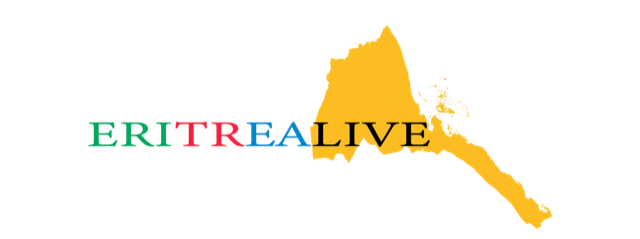
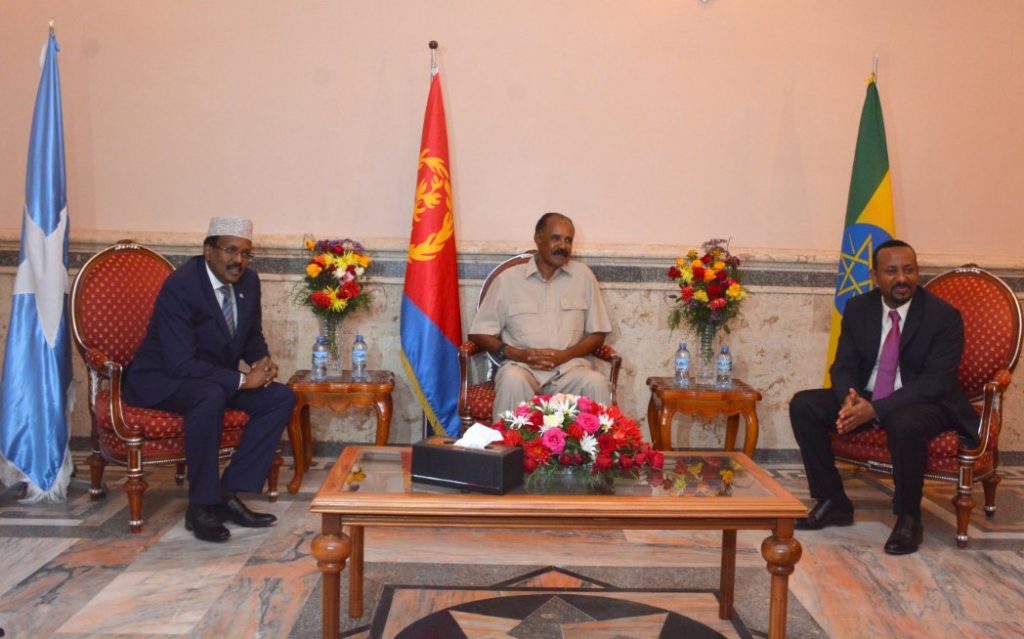
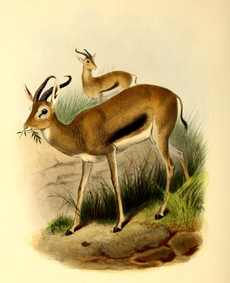

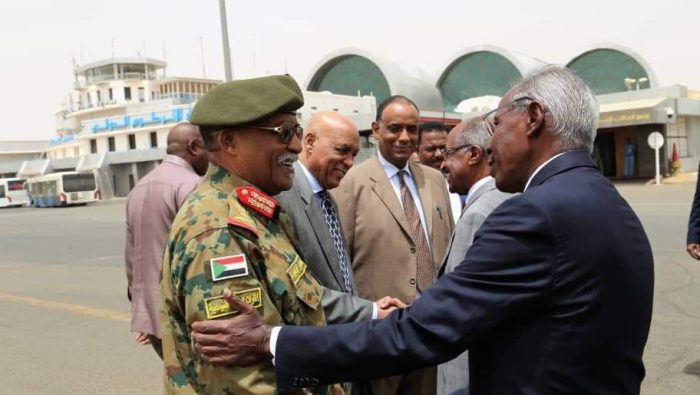
Lascia un commento